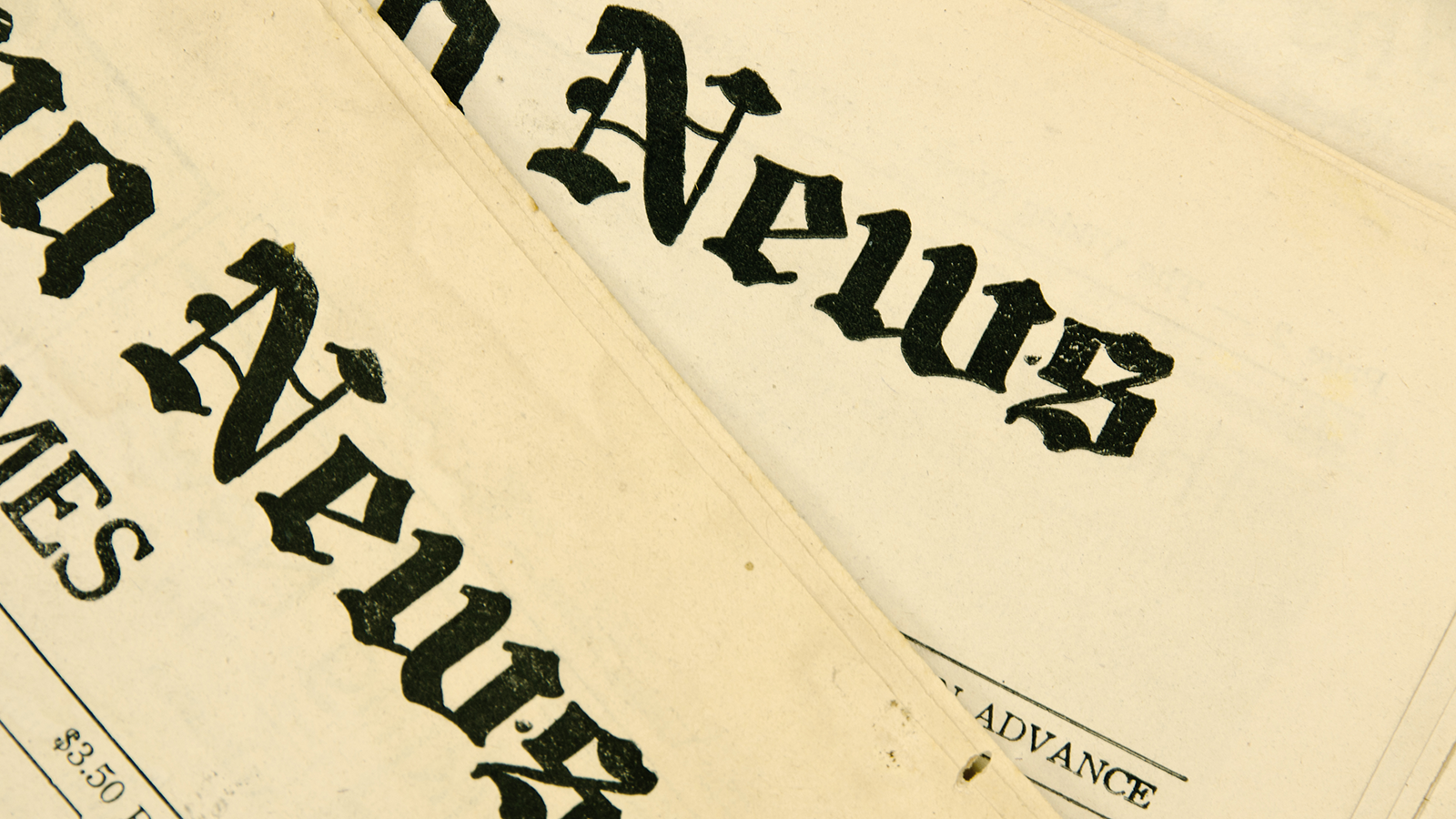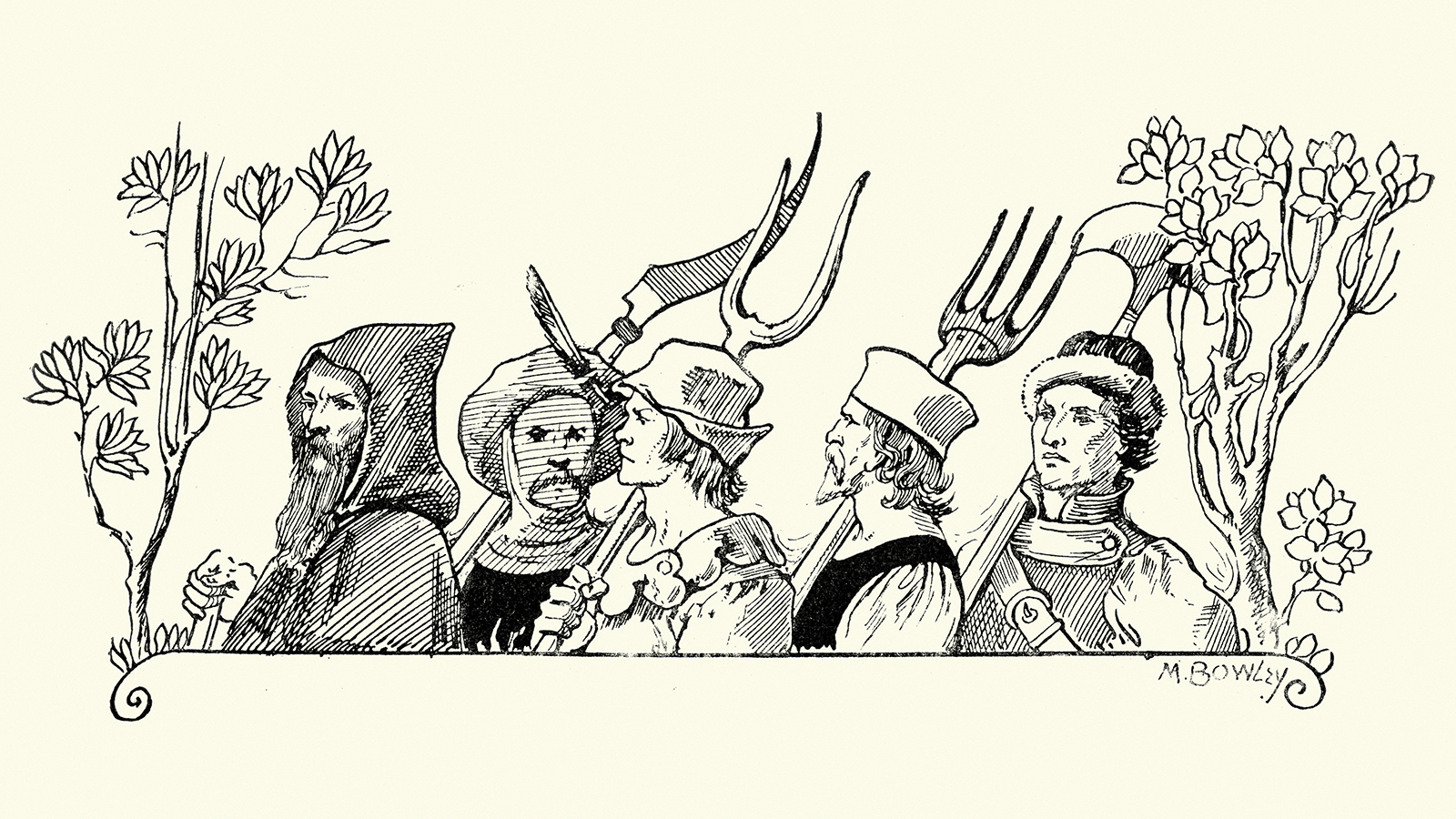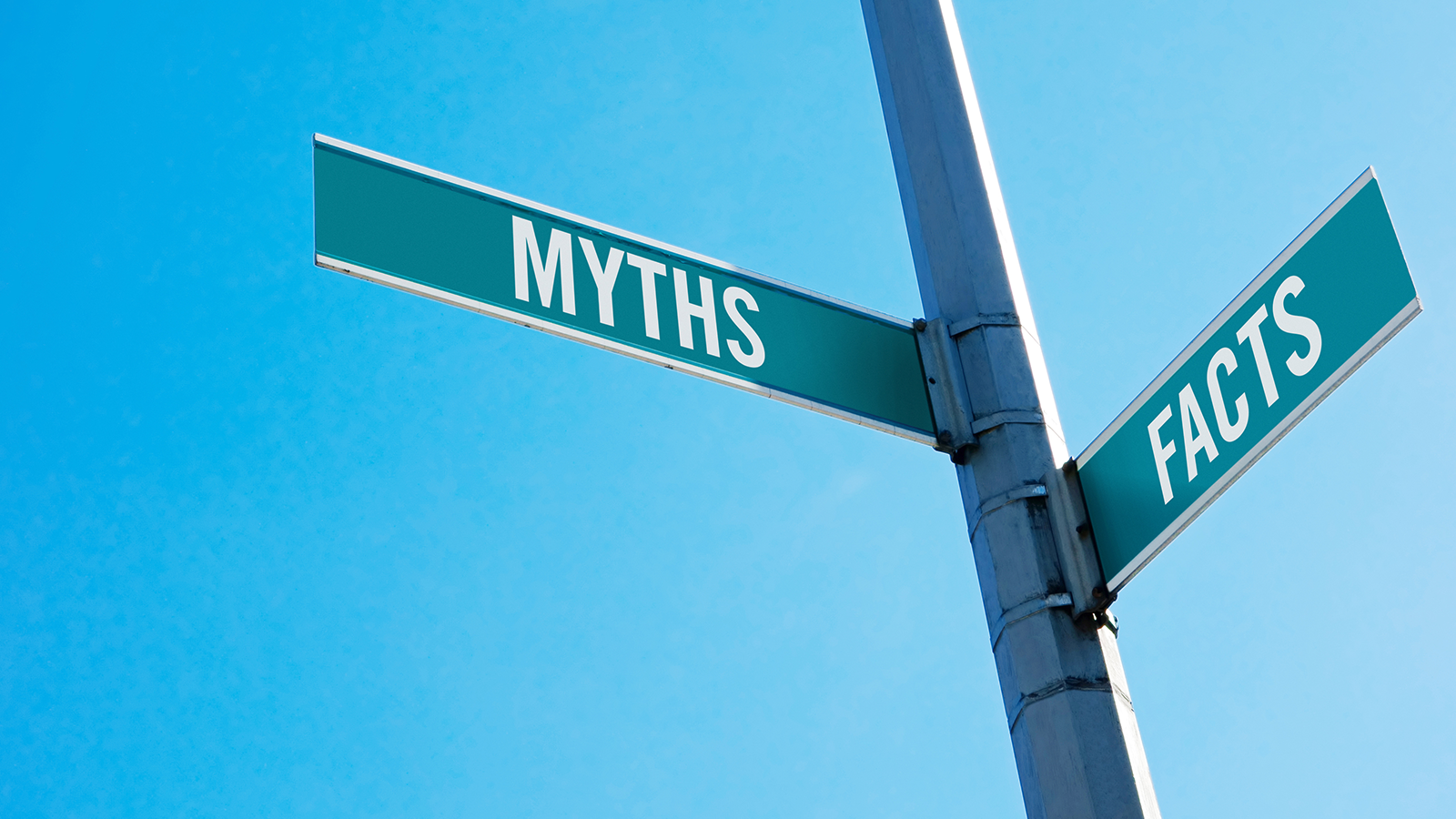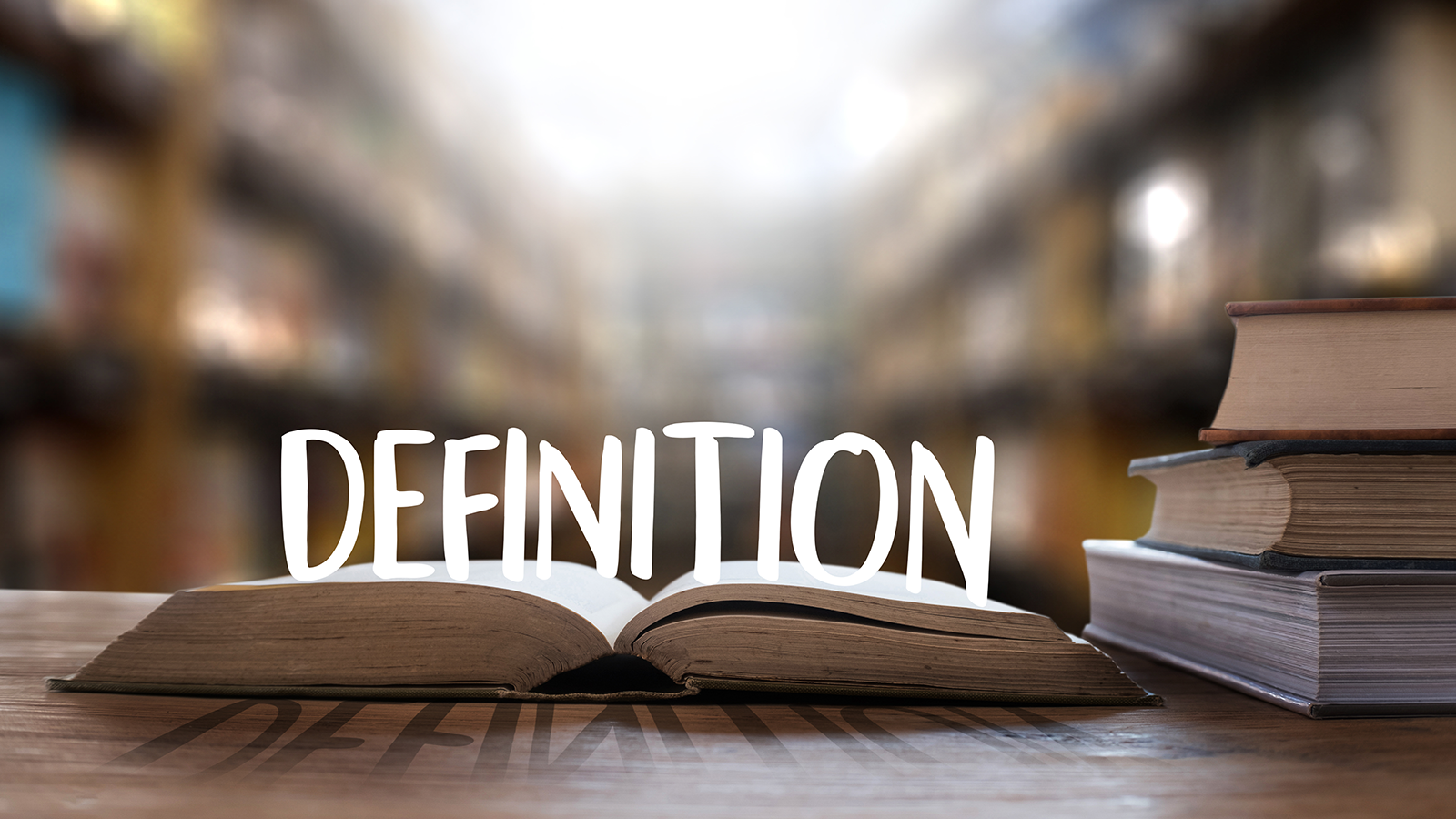Stay Up To Date

Compare and Contrast Nineteenth and Twenty-First Century Media Through “Cut and Paste”
Before the computer revolution, cut and paste required scissors and glue.

Social Reform Throughout History: Lessons for Social Studies Students
In our modern world, different groups are seeking to make changes in their society.

Collective Memory: How Do Memories of the Past Inform Our Future?
Collective memory, or social memory, is how a group of people remember and forget the past.

3 Easy Ways to Make Social Studies Memorable
Social studies classrooms can often become a regurgitation of facts, events, and people throughout history.

What Social Studies Students Can Learn from Historical Uprisings
In the summer of 1381, working people in England were enraged, and for two months they made their voices heard by forming armed groups, marching on several towns and London, destroying the property of hated government officials, and burning tax records.

Urban Legends Aren’t a New Thing: Teaching Media Literacy with Historical Examples
Urban legends, referred to by folklorists as contemporary legends, are fictional stories claimed to be true.

Why the History of Words Matters in Social Studies
Etymology, the study of the origin of words and how the meanings of words change over time, is just as relevant in social studies as it is in English classes.

A History of Quack Cures: Critical Analysis in the Classroom
Quacks love health crises, and the COVID-19 virus has become very lucrative for people who make claims about unscientific cures.

Trade Wars Aren’t a New Thing: Examining Economics with Historical Examples
The United States has been involved in trade wars with nations around the world in recent years.